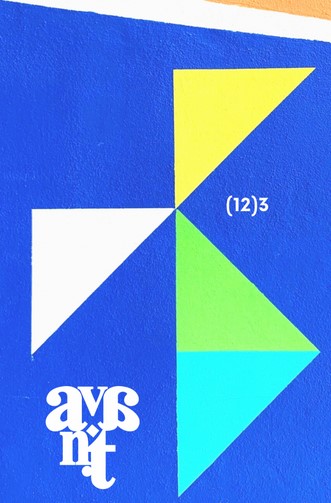Cultural Authority and Gender Politics – Christine Edzard’s The Children’s Midsummer Night's Dream
Cultural Authority and Gender Politics – Christine Edzard’s The Children’s Midsummer Night's Dream
Author(s): Magdalena CieślakSubject(s): Gender Studies, Film / Cinema / Cinematography, Theory of Literature, British Literature
Published by: Ośrodek Badań Filozoficznych
Keywords: Midsummer Night’s Dream; Christine Edzard; The Children's Midsummer Night's Dream; William Shakespeare; cultural authority; gender politics; children actor; independent cinema;
Summary/Abstract: Christine Edzard’s 2001 The Children’s Midsummer Night’s Dream, her second Shakespearean project after her 1992 As You Like It, is an independent film par excellence. Produced by Sands Films, a company she co-founded, it is an experimental project contesting and subvertting authority mechanisms of mainstream filmmaking. Edzard worked with over three hundred amateur performers – children aged eight to twelve from London schools – on a performance of Shakespeare’s A Midsummer Night’s Dream to produce a children-owned version of the play. This experimental film can be discussed on a number of planes – educational, artistic, cultural, and political – but the main area it touches upon is that of cultural authority. Significantly titled, the film suggests that it both belongs to children, and is addressed to them; therefore, the issues of its educational value with a specific target audience in mind, and of ownership of a significant cultural text, are prioritized. However, the project is also a fascinating material for analysis from the point of view of gender studies, because the age of Edzard’s actors is incompatible with the play’s focus on marriage, sexuality, and domestic power. This paper discusses the way in which the film approaches the questions of textual and cultural authority, and how those questions are informed by the film’s approach to the play’s gender politics.
Journal: AVANT. Pismo Awangardy Filozoficzno-Naukowej
- Issue Year: 2021
- Issue No: 3
- Page Range: 1-12
- Page Count: 12
- Language: English

